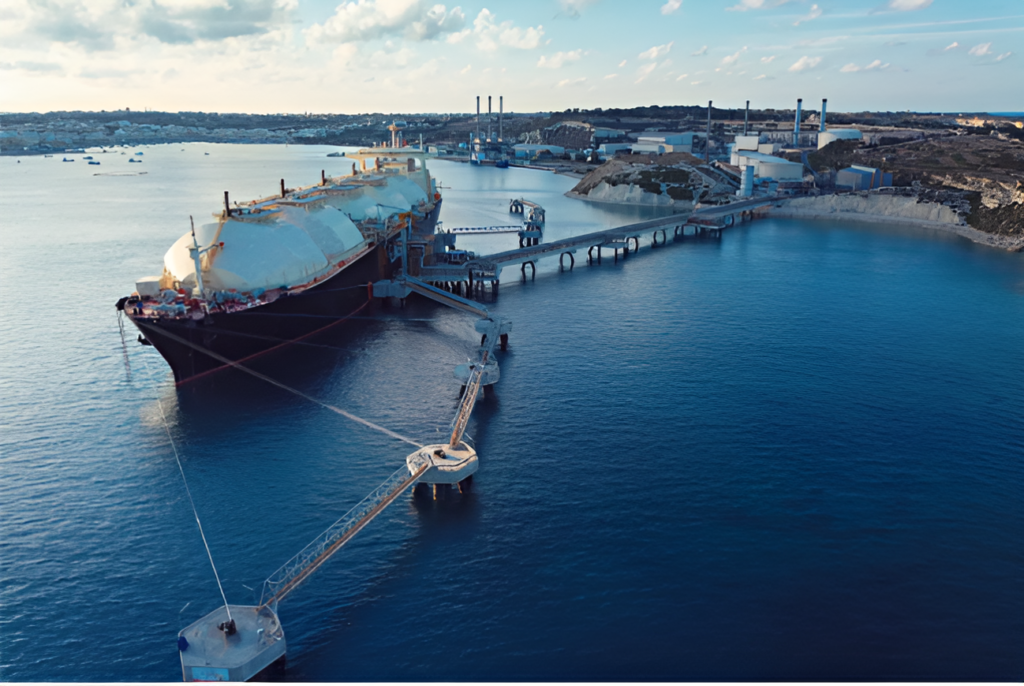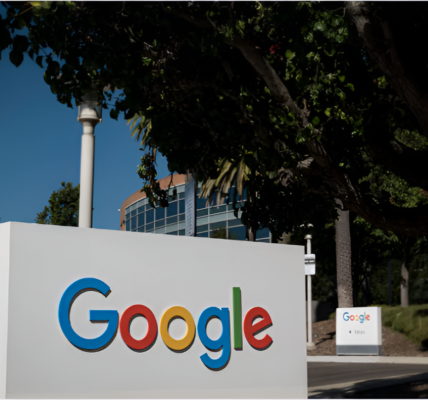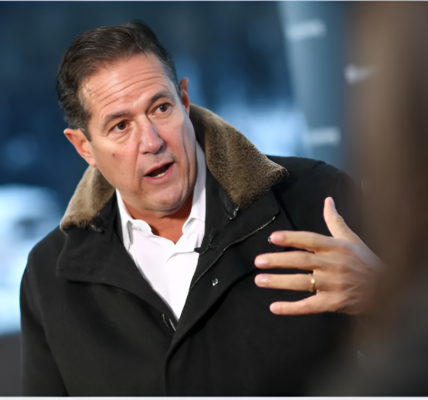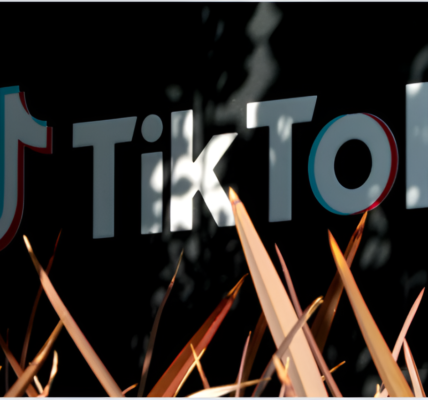
SK E&S Co., South Korea’s largest private gas provider, is under scrutiny following allegations from environmental group Solutions for Our Climate, accusing the company of misleading the public about the environmental impact of its liquefied natural gas (LNG) project in Australia. The activist group has filed a legal claim, asserting that SK falsely labeled LNG from its Barossa project as “CO2-free.”
SK E&S claims that it uses carbon capture and sequestration (CCS) technology to reduce emissions from the LNG production process. However, the company only captures a fraction of the greenhouse gases generated during the process, and no measures are taken to mitigate the carbon dioxide released when the LNG is burned, which accounts for the bulk of its emissions.
Despite these limitations, the company remains committed to its environmental goals. According to Kim Hyejin, Communications Executive Officer at SK E&S, the company aims to capture 60% of the emissions produced from the Barossa project, which amounts to 4 million tons annually. The company also plans to offset the remaining emissions by investing in forest growth and other offset programs. Kim emphasized that SK is dedicated to advancing clean technology like CCS to help meet net-zero targets and reduce overall emissions.
The legal challenge marks the first of its kind in South Korea, as activists worldwide are increasingly turning to the courts to hold fossil fuel companies accountable for their environmental claims. Similar cases have seen companies like Royal Dutch Shell and Australia’s Santos Ltd. being forced to take more aggressive action to curb emissions. The lawsuit against SK E&S echoes these efforts, with the group’s researcher, Oh Dongjae, pointing out that “there is no such thing as ‘CO2-free LNG’,” accusing the company of overselling CCS technology as a catch-all solution.
Solutions for Our Climate has filed the complaint with the Korea Fair Trade Commission and the Ministry of Environment, both of which will decide whether to pursue an investigation into SK E&S’s practices. The case highlights the growing pressure on fossil fuel companies to take responsibility for the environmental damage associated with their operations.
SK E&S’s Barossa-Caldita gas fields, located off the northern coast of Australia, are expected to produce 1.3 million tons of LNG annually starting in 2025, with the company investing $1.4 billion into their development. While SK E&S plans to use CCS technology to capture 2.1 million tons of CO2 emissions annually, environmental experts note that the majority of emissions—around 11.4 million tons per year—will be released primarily from the burning and transportation of the gas.
As environmental activists increasingly challenge the fossil fuel industry’s greenwashing efforts, SK E&S finds itself at the center of a global movement calling for greater transparency and accountability in the fight against climate change.





